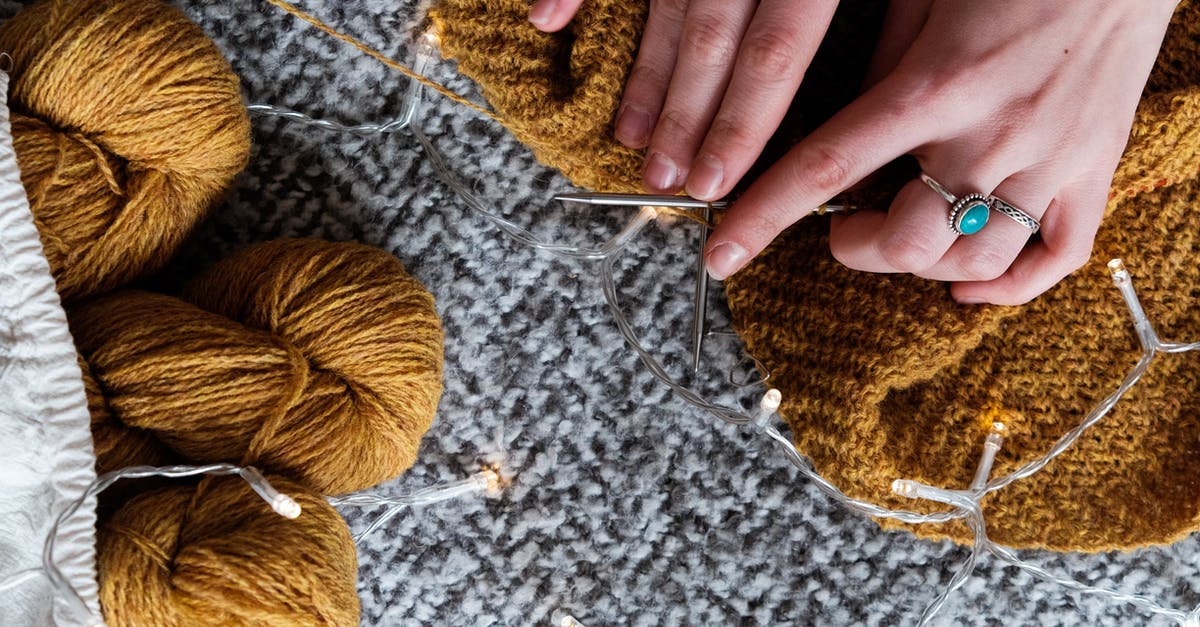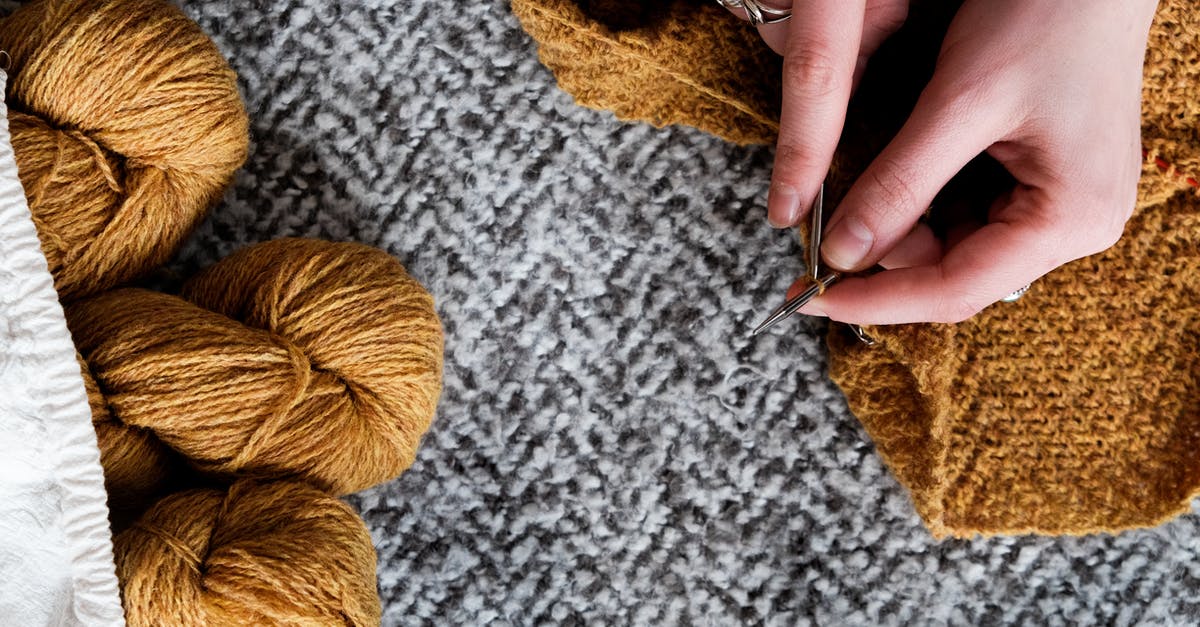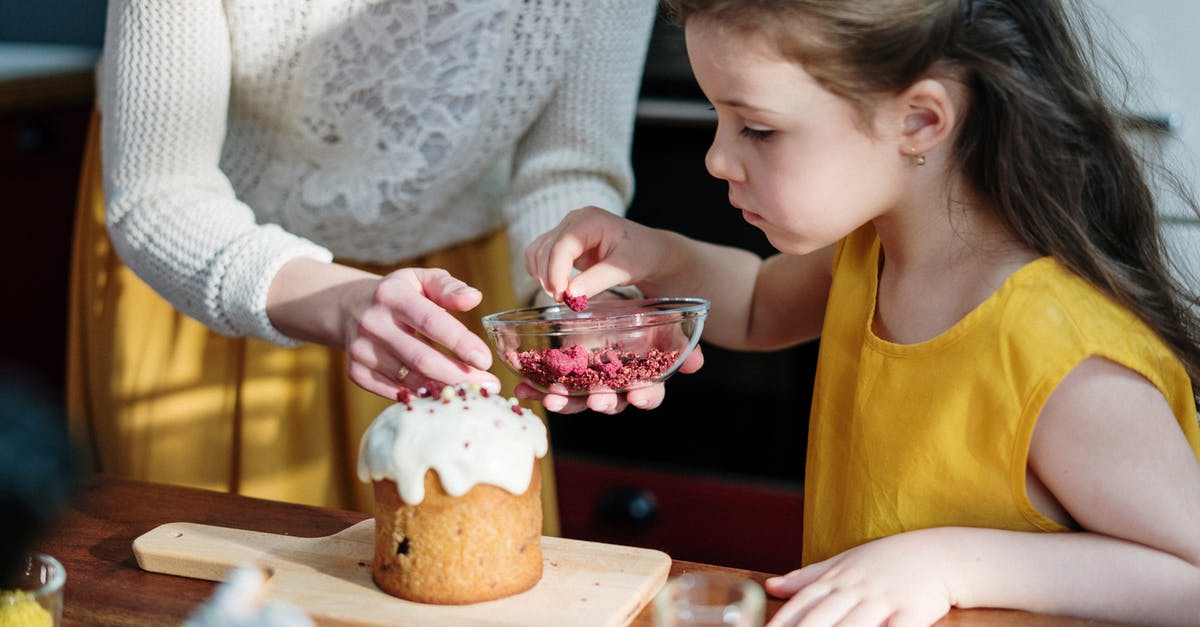Why does my homemade mustard thicken only some of the time?

For the first time in many years, there are enough red bell peppers in the harvest for me to make this recipe for roasted red pepper mustard, which I have made off and on for 20 years or so.
It's been a long time since I've made it, and there's one aspect that didn't always work.
As you can see, the recipe involves
A) mixing .75c dry Colman's mustard (or equivalent) with 2.5c water+vinegar. let it sit.
B) boil 1 1/6c sherry+wine for 7 min (reduces it some, but not a whole lot)
C) mix A+B, cook in double-boiler until thick.
D) stir in red pepper puree.
My memory is that sometimes step A thickened up while it was resting, and sometimes it didn't. When it didn't, no later step ever really got thick enough. And that was a pity, because the mustard is incredibly delicious, kind of pricey to make, but makes a super gift if it sets properly.
Could the difference be that sometimes I substitute Penzey's regular mustard powder for the Colman's? Would Oriental mustard powder do instead? Or do I need to just resign myself to buying Colman's in bulk? I like to make a lot of this stuff.
Best Answer
Could the problem possibly be due to the variation in the amount of starch in the mustard used from batch to batch of your own making, so its thickening quality varies each time? Or could it be stale stock?
According to their website, Colman's mustard is made from 60% locally sourced yellow mustard seed and quality controlled, so it is fairly constant from year to year and has been since 1814. At least we presume it has remained so the whole time since Unilever took over in 1995 and was the case beforehand.
Working on that presumption, using the other brands or types of mustard (such as black, brown or oriental) could be the issue for you. Or have Unilever decreased the English yellow mustard content to 60% so there have been inconsistencies since 1995? I guess you would have to ask them directly to eliminate that as a possible cause.
According to Canadien researchers, yellow mustard seed contains 20% to 30% protein, 24% to 35% oil, 6% to 12% lipids and 12% to 18% carbohydrates, but according to this source the starch content is fairly minimal at only 0.6 g per ounce. Although that seems a slight amount and small variation range respectively, it may still influence your mustard making. If this proves to be the problem, you could add and cook off plain flour to cure "thin" mustard or increase the mustard powder content.
I hear what you say about the cost of good imported English mustard. Have you considered sourcing whole English yellow mustard seeds and grinding them yourself? I was considering that myself, after I looked everywhere for Colman's this summer, but 113 g / 4 oz containers are the biggest on supermarket shelves and even then they are only rarely in the larger stores. I hate the tiny (relatively expensive) tins, so it looks like I'll have to buy via the internet or visit the Colman's shop in Norwich to finally get a pound sized tin. Still a visit to a museum is always interesting. Especially when food-related. I'll be needing a bulk supply, with winter coming soon...

«John Hassall (1868–1948): Colman’s Mustard Advert, 1899»
Pictures about "Why does my homemade mustard thicken only some of the time?"



Why is my homemade mustard bitter?
Bitterness is a byproduct of the mustard reaction, but that bitterness fades after a day or so. Pure mustards can be kept at room temperature, but mustards with other ingredients, like the Roman nut mustard I mention above, should be kept in the fridge. This is my favorite recipe for country mustard.How do you fix runny mustard?
Add the vinegar and stir well. Pour into a container and place in the refrigerator for at least 12 hours. After that 12 hour period, it will continue to thicken up. Makes around 1 cup.Is mustard supposed to be thick?
Whole grain mustard is simply a mustard that has been ground just enough to to form a paste, but not so much that it fully breaks down all the mustard seeds, creating a thick, coarse texture.How do you make mustard thicker?
As this mustard recipe uses ground seeds, it goes without saying that the amount of time spent grinding the seeds will affect the texture of your mustard recipe. If you want a thicker texture, then leave the seeds slightly coarser, for super-smooth, then blend them into as fine of a powder as you can manage.Making Homemade Mustard from Scratch
More answers regarding why does my homemade mustard thicken only some of the time?
Answer 2
It sounds to me like your bigger sources of thickening is the pectin in your red peppers- it would also be your biggest source of variability. Peppers will have more pectin and sugars if they are ripe, and will thicken nicely, but ultimately, nature makes these things pretty fickle, and if they happen to be unripe, or just plain grumpy, they may not have much pectin at all.
This recipe sounds delicious, so I wouldn't change it one bit. What I would do is after I added the red pepper puree, I would take a teaspoon and put it on a plate in the fridge or freezer, just to see if it gels when cold. If it doesn't, I would add a teaspoon of pectin to the pot, and repeat the cooling test. You can buy pectin powder in little sachets from your supermarket, probably next to the gelatin.
Sources: Stack Exchange - This article follows the attribution requirements of Stack Exchange and is licensed under CC BY-SA 3.0.
Images: Caroline Feelgood, Caroline Feelgood, Baworn Srisatjalertwaja, cottonbro
